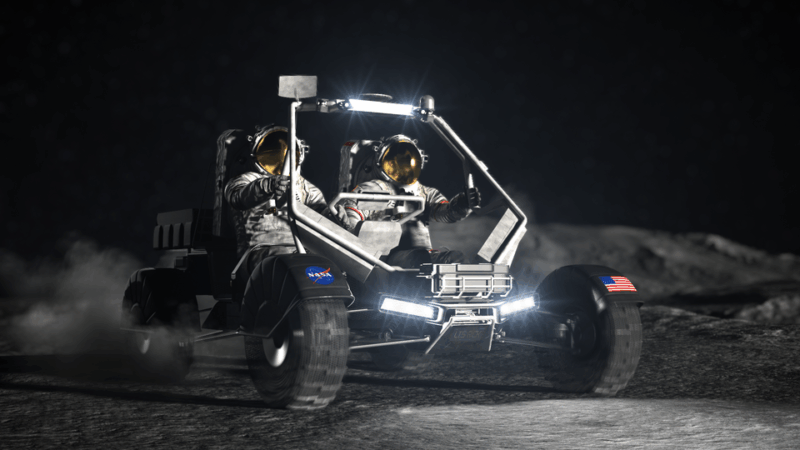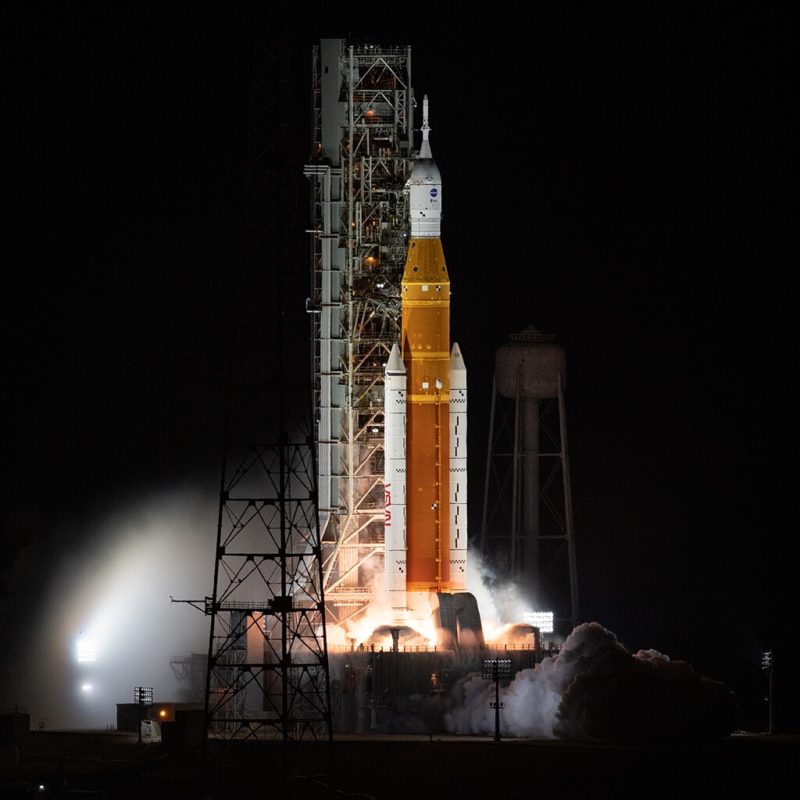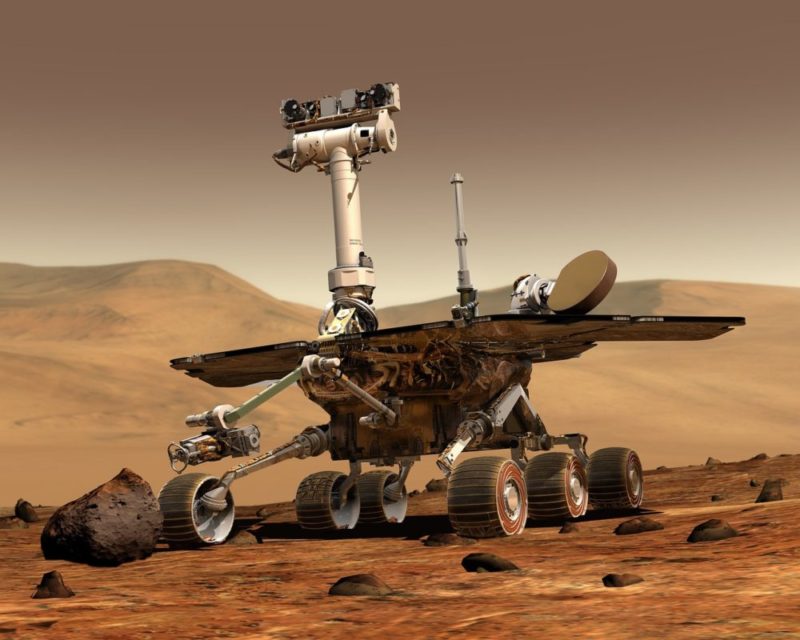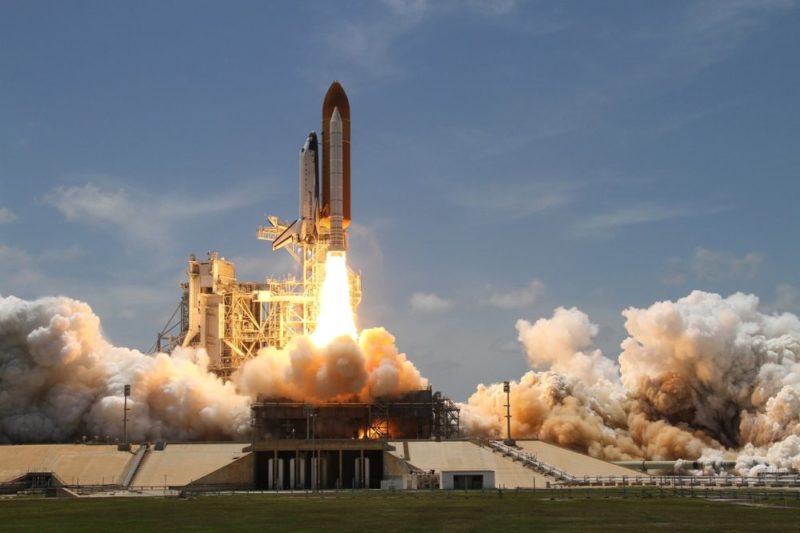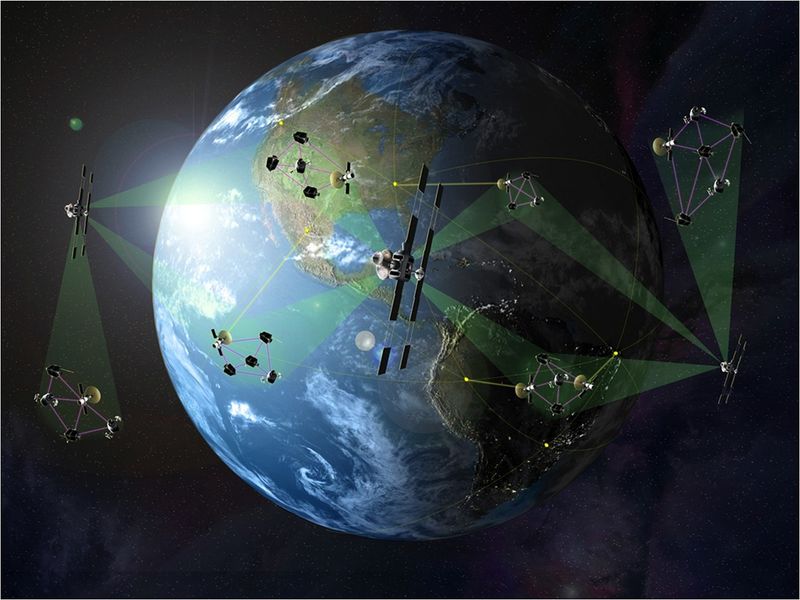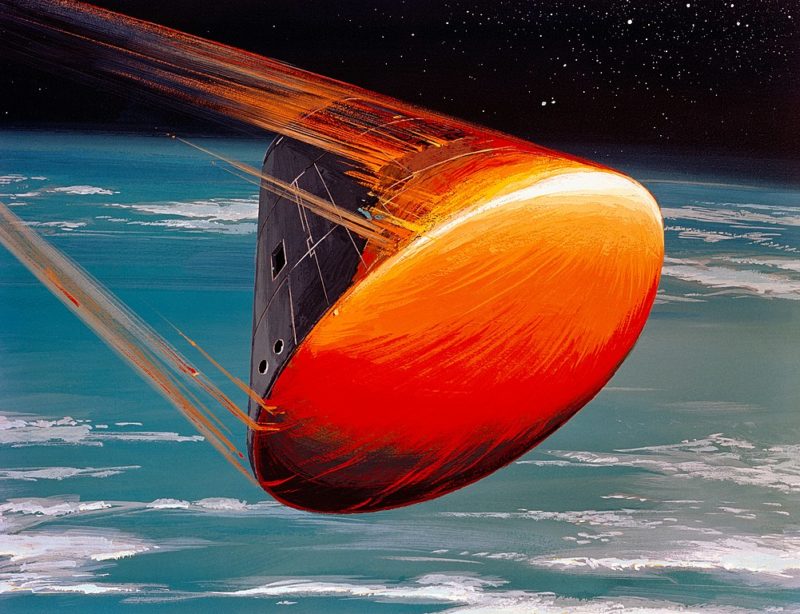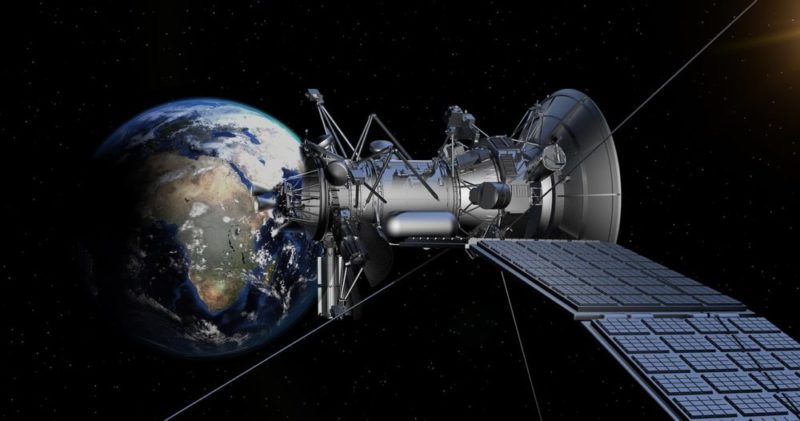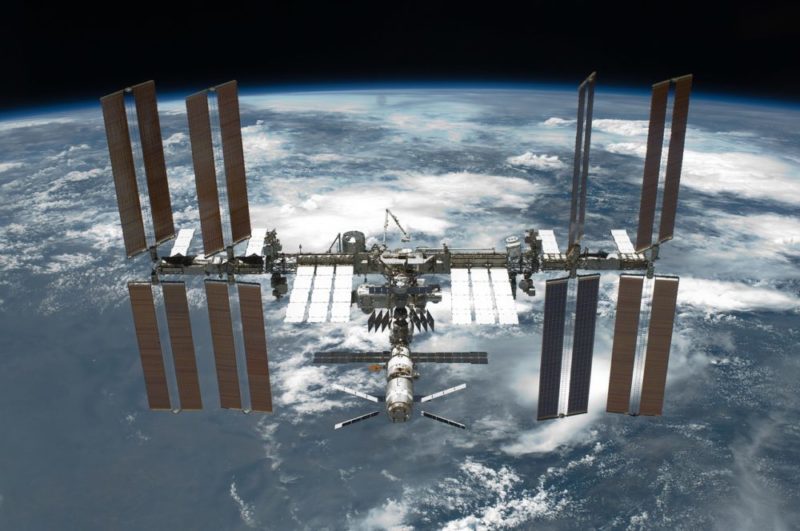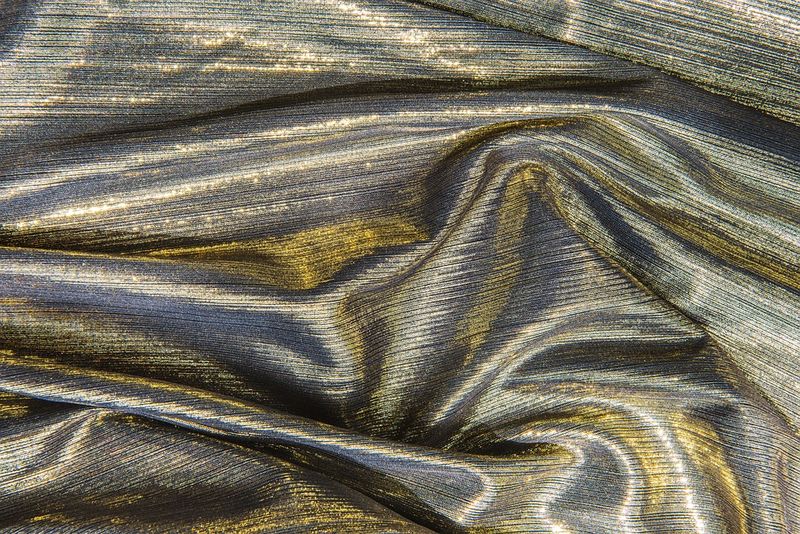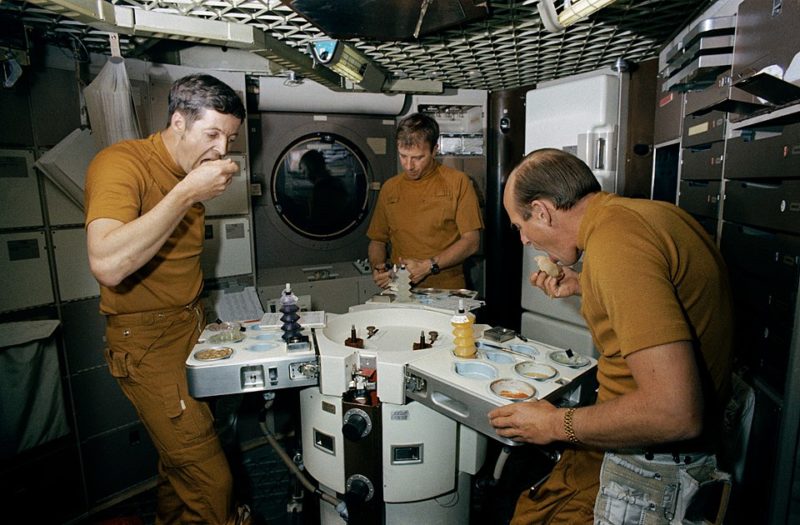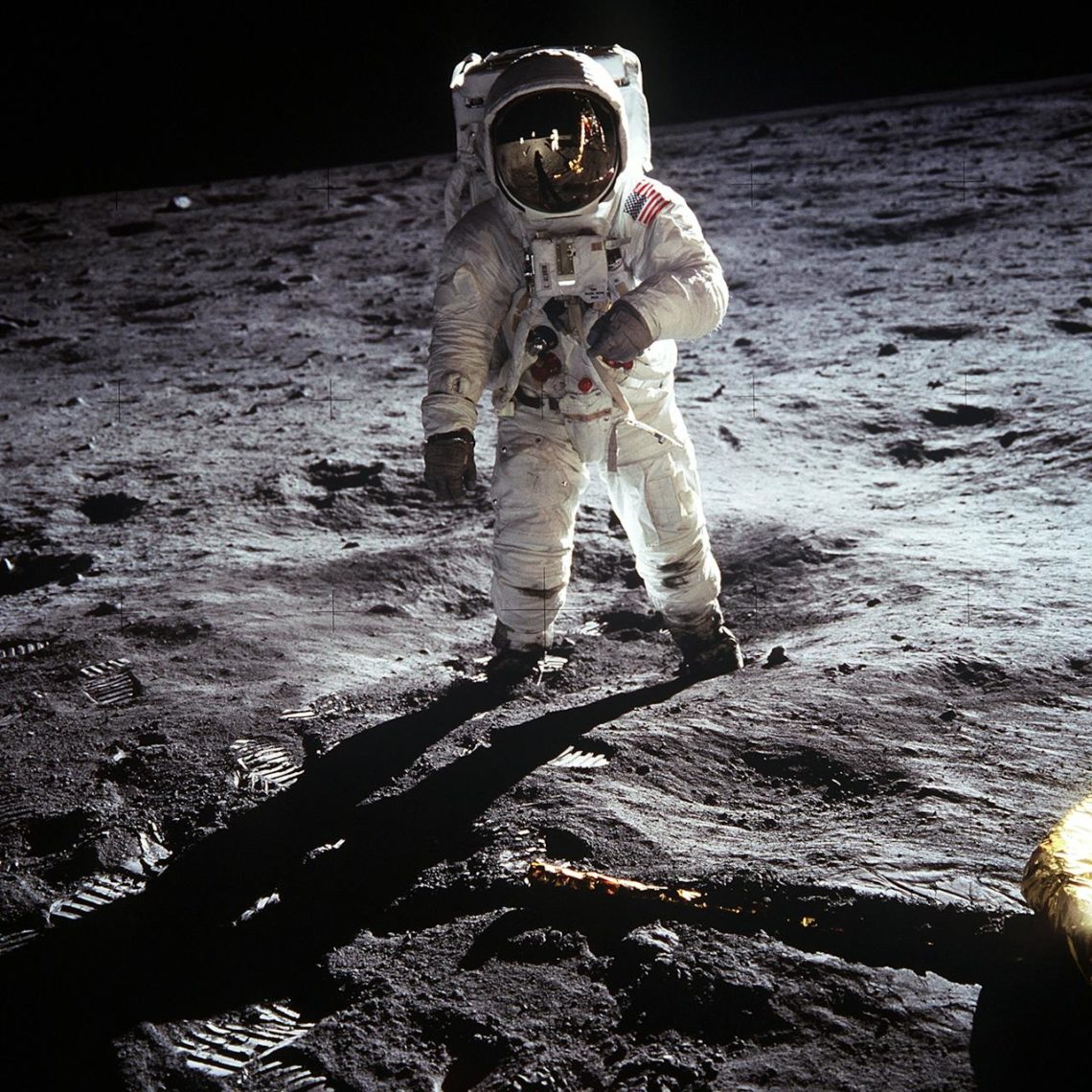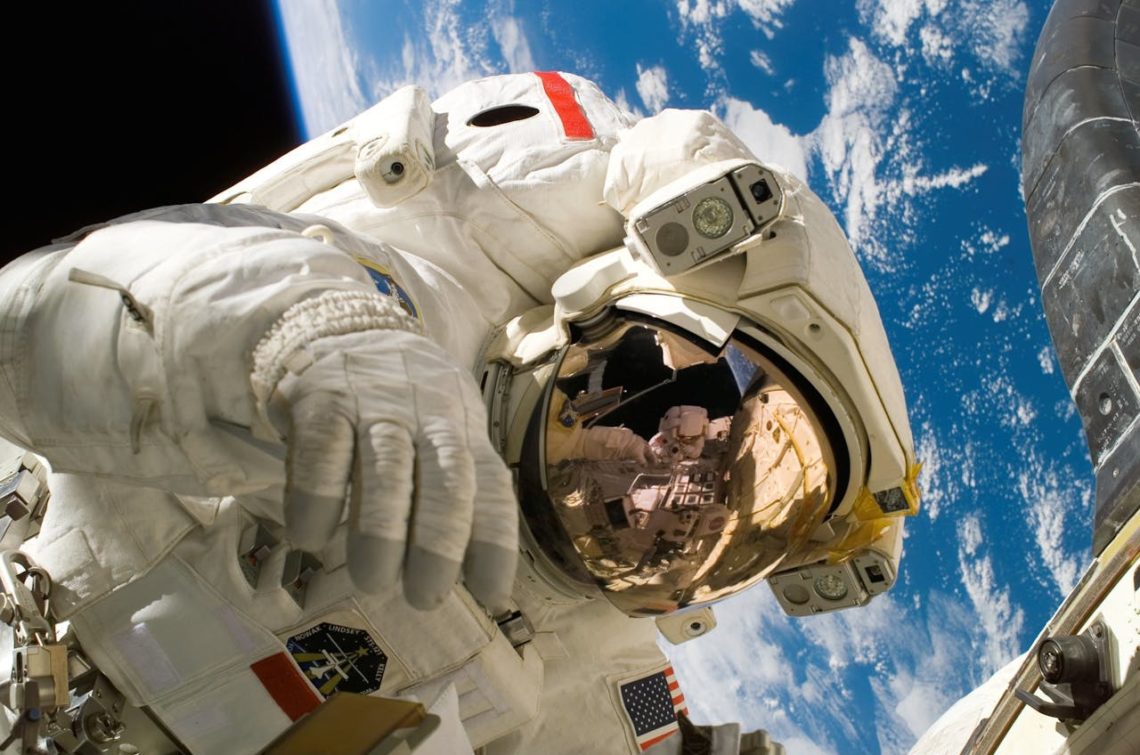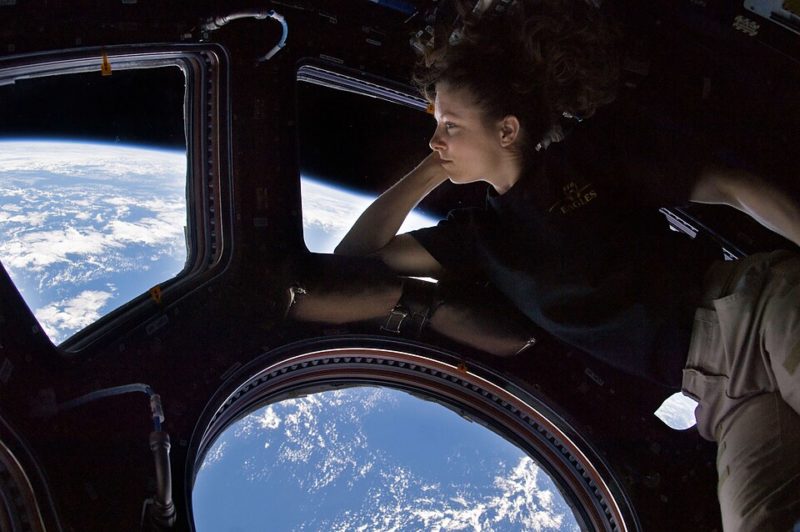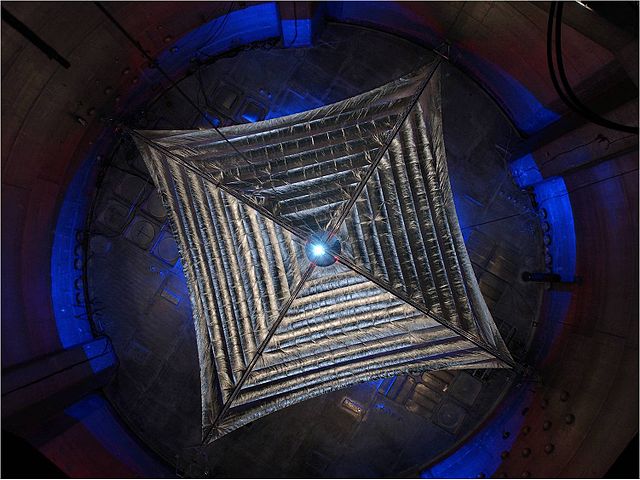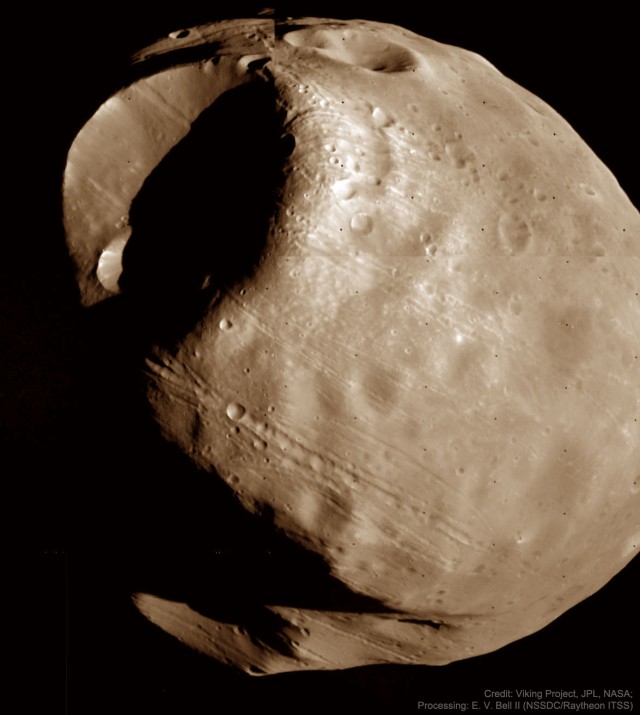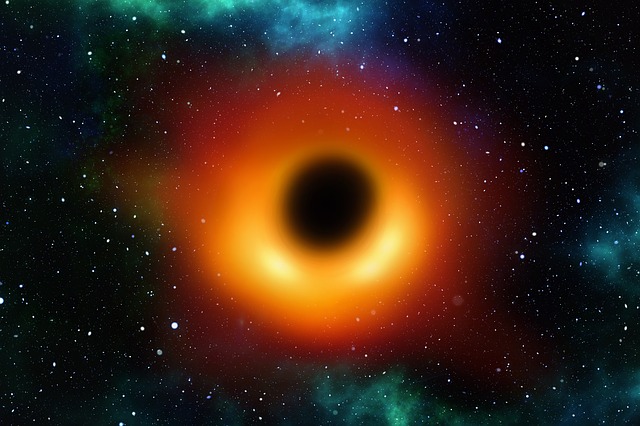Why Did Lunar Outpost Design Small Rovers for the Moon?
Lunar Outpost is designing small rovers to explore and prospect resources on the Moon, supporting future missions and potential lunar mining.
Space Technology Will Protect the Vatican’s Treasures
Space technology will protect the Vatican's treasures through advanced digitization, preserving ancient manuscripts for future generations.
How LIDAR Mapping the World in 3D Is Changing Exploration
LIDAR mapping the world in 3D preserves hidden history and landmarks at risk from climate change, helping protect data for future generations.
Intermediate Black Hole Could Explain Black Hole Evolution
Black hole evolution remains mysterious, but recent observations of intermediate black holes are helping astronomers fill in the missing pieces.
How Did NASA Build and Fund the Space Launch System (SLS) Rocket?
Explore NASA's monumental Space Launch System, paving the way for Mars missions. Budget challenges, ambitious goals, and adaptability await!
Common Tools Used to Gather Data in Space
Discover the common tools to gather data in space, from satellites and sensors to robotics and citizen science helping explore the universe.
Did You Know Polyurethane Foam Made the Space Shuttle Possible?
Polyurethane foam proved crucial in the space shuttle program and continues evolving into more sustainable forms for space and Earth applications.
What’s the Difference Between LEO, MEO and GEO Satellites?
Understand the LEO, MEO, GEO difference as nearly 21,000 satellites orbit Earth, powering global communication and raising space debris concerns.
What is Celestial Navigation?
Learn how celestial navigation works, who still uses it today, and why this ancient skill could still save your life in our GPS-reliant world.
How Do Spacecraft Withstand Re-Entering Earth’s Atmosphere?
Discover how spacecraft re-entering Earth's atmosphere survive extreme heat using advanced materials and design innovations from NASA and SpaceX.
How Will the Internet of Things Change Space Exploration?
The Internet of Space Things connects satellites, sensors, and AI to transform space exploration and enable real-time data sharing across space.
What Experiments Did Scientists Conduct on the ISS?
Explore groundbreaking research aboard the ISS, from zero-gravity experiments to 3D printing in space, as its historic mission nears its conclusion.
Exciting Future Uses of Textiles in Space
Space textiles are revolutionizing rovers, suits, and habitats with advanced materials designed for durability in extreme space environments.
What Do Astronauts Eat in Space?
Discover what astronauts eat in space today, from freeze-dried meals to fresh-grown veggies aboard the ISS, and how menus have evolved over time.
How Did NASA Choose the First Astronauts to Walk on the Moon
How did NASA choose astronauts? Explore the evolution from Apollo to Artemis and what it takes to join NASA's new generation of moon explorers.
How Does Space Fever Affect an Astronaut’s Health?
Astronauts face a surprising risk: space fever. Learn how elevated body temperatures in microgravity may affect long-term space travel health.
Does Space Tourism Have Health Risks?
Space tourism poses health risks, but short trips are manageable for people in average health. Psychological impacts, like space anxiety, are crucial.
What Is LightSail and How Does It Work?
LightSail 2, by the Planetary Society, uses solar propulsion, harnessing sunlight for spacecraft travel, revolutionizing space exploration.
The Top 10 Photographs of Celestial Objects
Stunning celestial photos by NASA capture Jupiter's abyss, lunar sunrise, dying star Eta Carinae, cosmic rose Rosette Nebula, and more wonders.
83 Black Holes Found at the Edge of the Universe
Astronomers discovered 83 supermassive black holes at the edge of the universe, reshaping our understanding of black hole formation.

